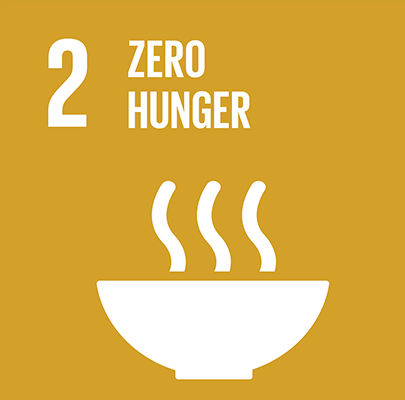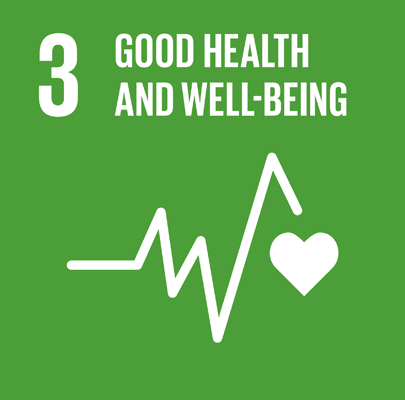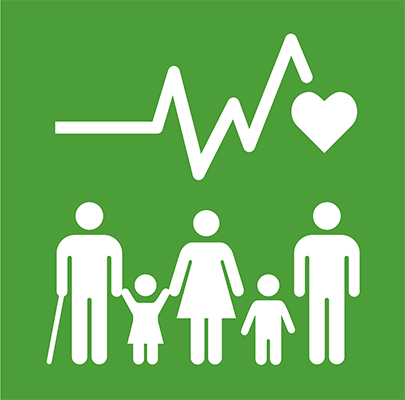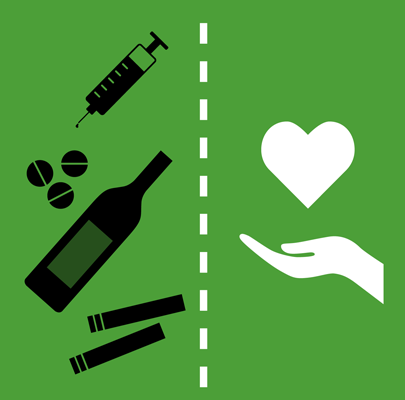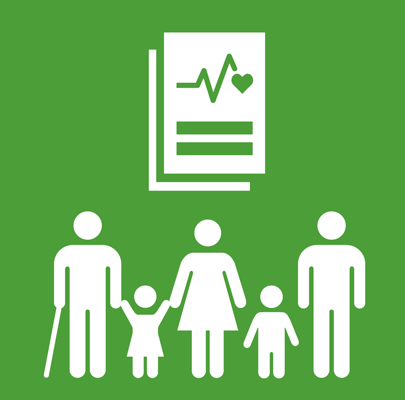Vision
Better health and well-being for people of all ages around the Region, now and in future, through reduction of the noncommunicable disease burden and promotion of mental health.
Mission
To guide and help countries around the Region take action to reduce deaths from noncommunicable diseases, promote mental health and achieve zero hunger by 2030, to improve health and wellbeing for all, at all ages.
Our values
WHO, as the directing and coordinating authority on international health within the United Nations system, adheres to the UN core values of integrity, professionalism and respect for diversity. The values of the WHO workforce furthermore reflect the principles of human rights, universality and equity established in WHO’s Constitution as well as the ethical standards of the Organization. These values are inspired by the WHO vision of a world in which all peoples attain the highest possible level of health, and our mission to promote health, keep the world safe and serve the vulnerable, with measurable impact for people at country level. We are individually and collectively committed to put these values into practice.
Trusted to serve public health at all times
- We put people’s health interests first
- Our actions and recommendations are independent
- Our decisions are fair, transparent and timely
Professionals committed to excellence in health
- We uphold the highest standards of professionalism across all roles and specializations
- We are guided by the best available science, evidence and technical expertise
- We continuously develop ourselves and innovate to respond to a changing world
Persons of integrity
- We practice the advice we give to the world
- We engage with everyone honestly and in good faith
- We hold ourselves and others accountable for words and actions
Collaborative colleagues and partners
- We engage with colleagues and partners to strengthen impact at country level
- We recognize and use the power of diversity to achieve more together
- We communicate openly with everyone and learn from one another
People caring about people
- We courageously and selflessly defend everyone’s right to health
- We show compassion for all human beings and promote sustainable approaches to health
- We strive to make people feel safe, respected, empowered, fairly treated and duly recognized
Our work
The Department of Universal Health Coverage/Noncommunicable Diseases and Mental Health at the WHO Regional Office for the Eastern Mediterranean in Cairo, Egypt consists of six technical programmes, which include:
The rise in these conditions is being driven by certain factors, including tobacco use, physical inactivity, unhealthy diets, obesity, harmful use of alcohol, narcotic drug use, air pollution, humanitarian emergencies and political and socioeconomic transitions. We are therefore working with WHO headquarters, regional offices, and 22 country offices, ministries of health, and national and international partners, as well as individuals and communities to:
• prevent these conditions, by addressing related risk factors;
• manage these conditions, through lifestyle measures and treatment; and
• monitor these conditions, through surveillance of risk factors and assessment of health systems.
We provide advice, as well as technical and programmatic support, to help countries take action to improve health and well-being for all, at all ages, and to meet regional and global commitments within the UN Political Declaration on the Prevention and Control of Noncommunicable Diseases, the Global Action Plan for the Prevention and Control of Noncommunicable Diseases, the Mental Health Action Plan, the United Nations Decade of Action on Nutrition, and the 2030 Agenda for Sustainable Development.
Reducing the noncommunicable disease burden and promoting mental health and well-being will support countries in improving the health of billions, which is our plan in the lead up to 2030. By scaling up action on all health-related targets under the SDGs, especially under SDG 2 on zero hunger and SDG 3 on good health and well-being, we can build a better, healthier future for people around the Region, which is essential for improving social, human and material capital in order to achieve optimum development in every country.

All our work is guided by the Regional Director’s Vision 2023, which defines WHO’s strategy until at least 2023. This vision supports countries’ ongoing efforts to move towards health for all by all – the idea that everyone, from governments and health professionals through to organizations, communities and individuals, can help to maximize health and well-being across the Region. Along with the Vision, WHO developed a strategy which identifies our main priorities for the Region and explains how we will pursue them through specific strategic objectives. The strategy includes clear targets and indicators so that we can measure our progress and report on how we are doing.
Vision 2023 is anchored in and contributes towards implementation of WHO’s Thirteenth General Programme of Work 2019–2023, the 2030 Agenda for Sustainable Development, the Agenda for Humanity and United Nations reform. WHO’s Thirteenth General Programme of Work 2019–2023 defines WHO’s strategy for the 5-year period 2019–2023. It focuses on triple billion targets to achieve measurable impacts on people's health at the country level. The triple billion targets are to ensure by 2023:
Measurable impact is at the heart of all our work and WHO’s mission to transform the future of public health.
Related links
United Nations Political Declaration on the Prevention and Control of Noncommunicable Diseases
United Nations Agenda for Humanity
United Nations 2030 Agenda for Sustainable Development
WHO’s Thirteenth General Programme of Work 2019-2023
Eastern Mediterranean Region: Vision 2023
Eastern Mediterranean Region: Department of Noncommunicable Diseases and Mental Health (brochure)





